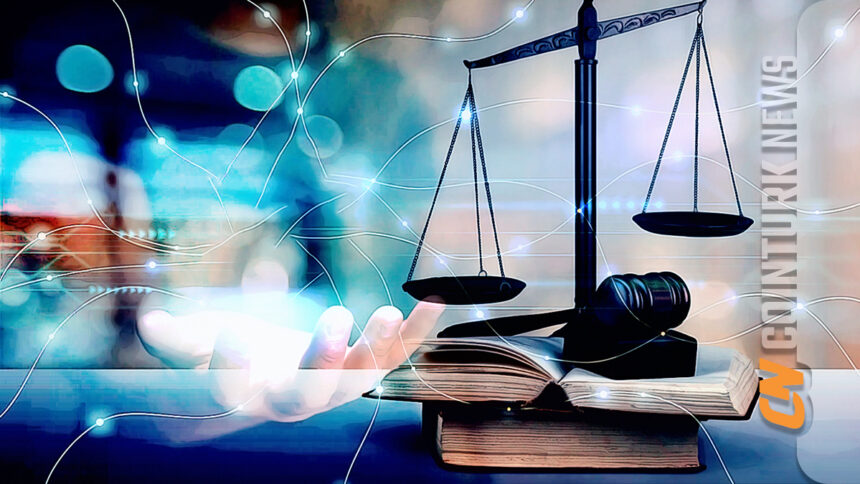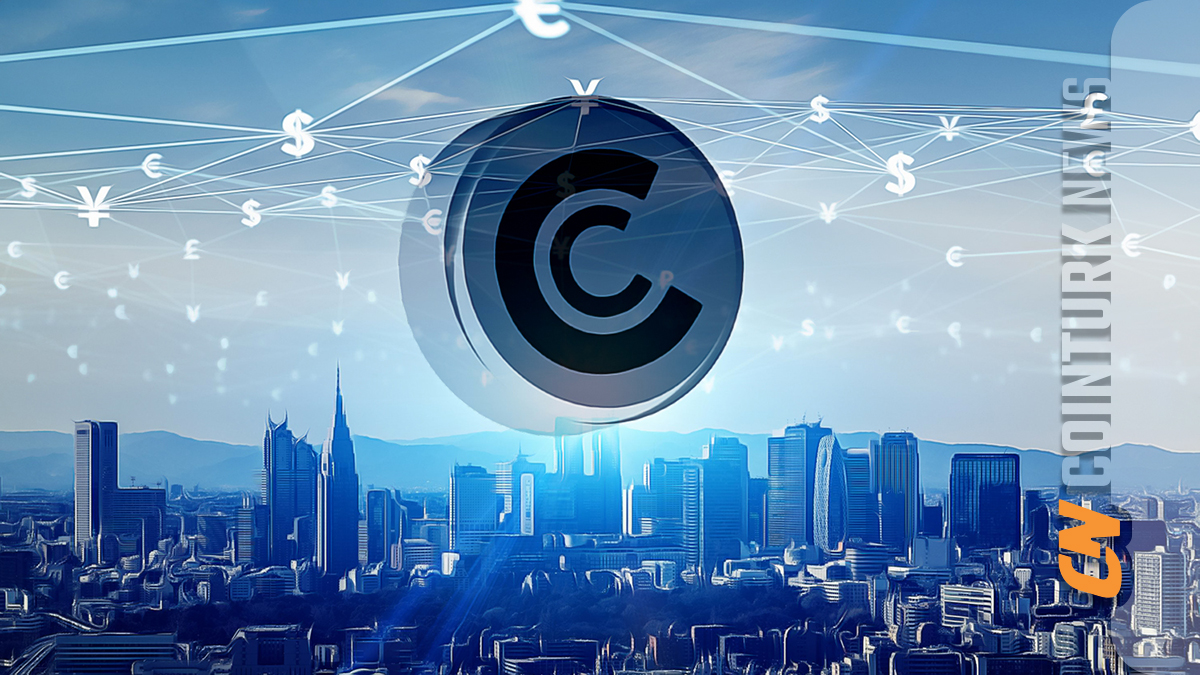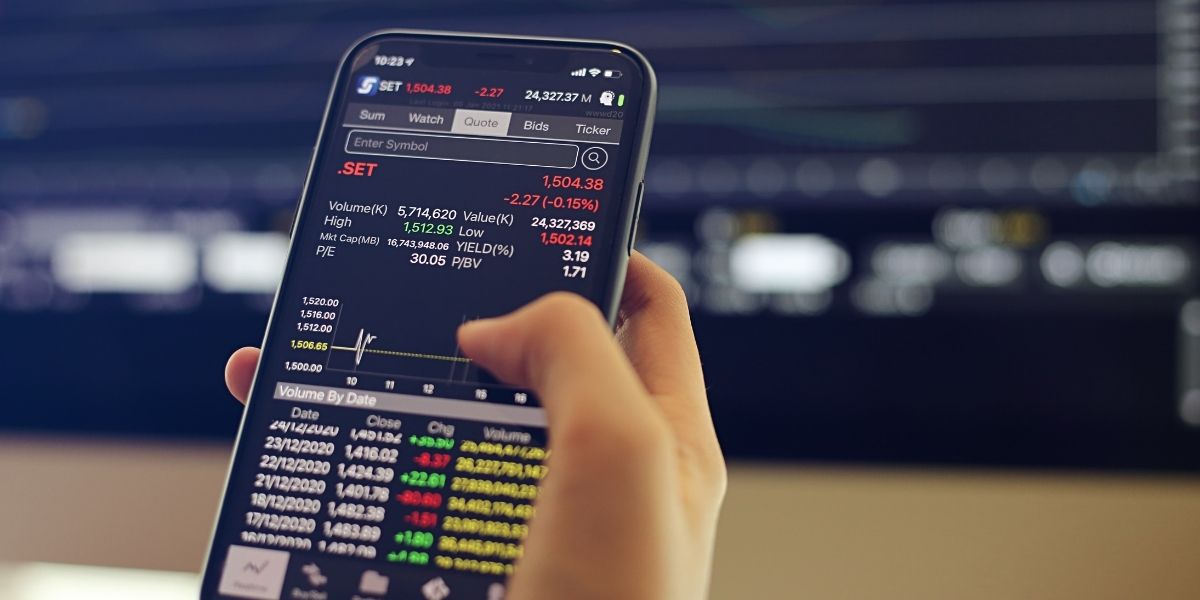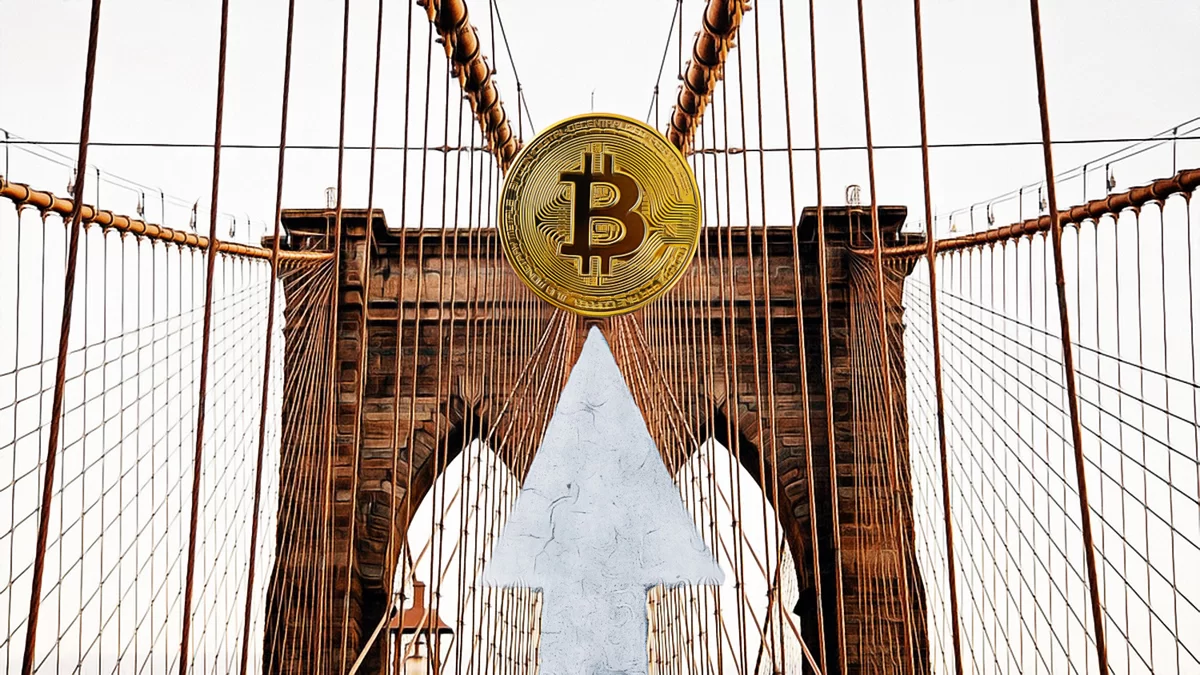The developer of the artificial intelligence model Claude, Anthropic, contested a lawsuit in October filed by a group of music companies including Universal Music Group, alleging misuse of copyrighted works. In its objection filed on January 16, the AI developer stated that not only are the plaintiff’s claims invalid, but the lawsuit was also filed in the wrong court.
Anthropic Team Responds Promptly to Allegations
The initial claims addressed by Universal Music Group, Concord Publishing, and ABKCO Music & Records allege that Anthropic illegally used their AI models for training, copying, and distributing a large amount of copyrighted work without permission. The Anthropic team responded with the following statement:
“The plaintiffs’ claims of irreparable harm are not apparently persuasive. The plaintiffs will have ample opportunity to test their legal theories at the appropriate time and place.”
Furthermore, Anthropic characterized these claims as an attack on this new digital tool category and also stated that the plaintiffs misunderstood both the technology and the law. It also pointed out the plaintiffs’ complaint about using Anthropic’s AI tool to obtain copyrighted song lyrics but clarified that the AI model was not designed to output copyrighted material.
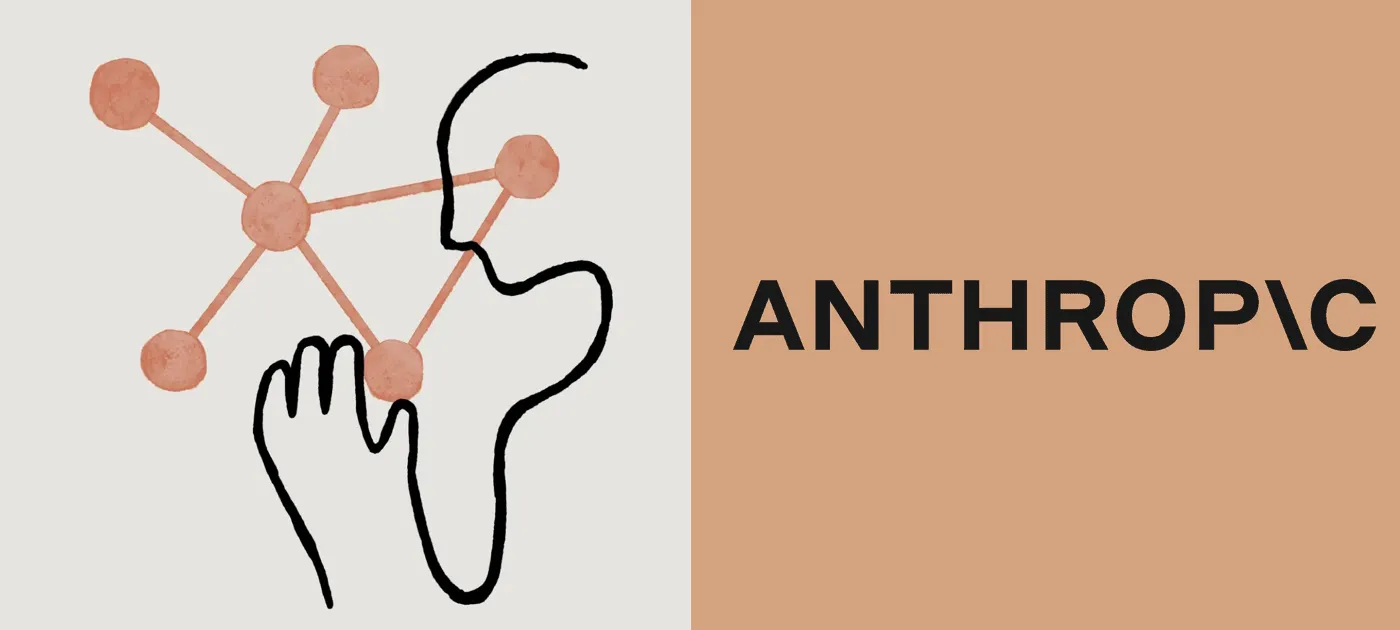
Artificial Intelligence and Legal Challenges
In the process under consideration, it was stated that the AI model infringed the copyrights of at least 500 songs by popular musicians such as Beyonce, Rolling Stones, and The Beach Boys. However, Anthropic claimed that the music companies provided no evidence and that no significant subset of users outside of themselves experienced a process resulting in the production of copyrighted song lyrics:
“Users would not use one of the world’s most powerful and advanced generative AI tools to demonstrate things that can be accessed more reliably and quickly using ubiquitous web browsers everywhere.”
Anthropic was founded by former employees of OpenAI, the creator of ChatGPT, and the company has received support from firms like Google and Amazon. This lawsuit is just one of dozens ongoing between AI developers and various creative publishers, artists, and companies, with the latter claiming some degree of copyright infringement during the training of models.
The most recent case that caught the industry’s attention was filed by The New York Times against OpenAI, alleging that the model threatens the newspaper’s ability to conduct journalism by protecting its information with copyright and offering it for free to users.


